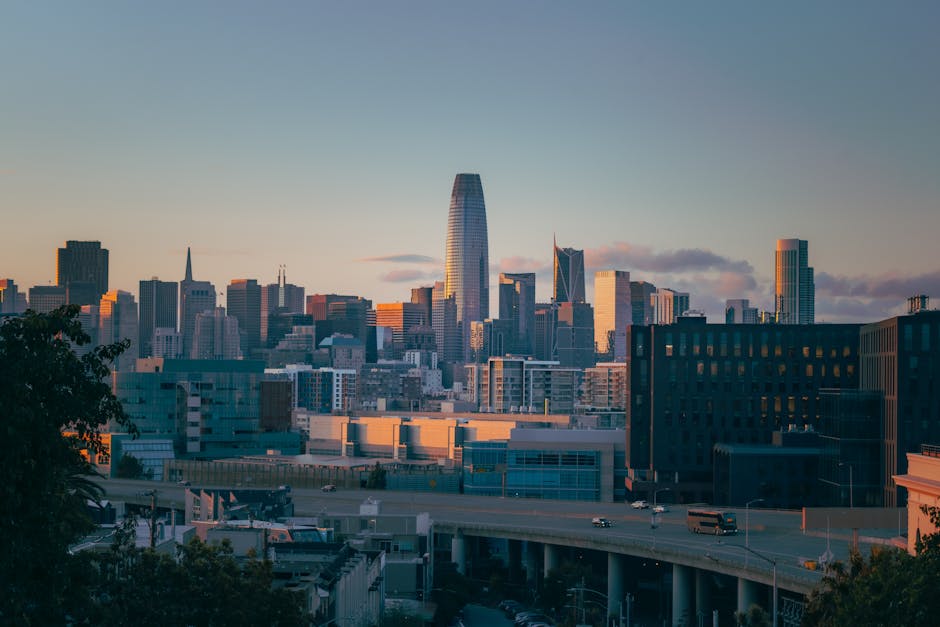28 JNU Students Detained After Clash with Police During Protest March
In a dramatic turn of events, 28 students from Jawaharlal Nehru University (JNU) were detained by the Delhi Police following a heated clash during a protest march on Tuesday. The incident has reignited debates about student activism, police intervention, and the right to peaceful protest in India.
What Sparked the Protest?
The protest, organized by the JNU Students’ Union (JNUSU), was aimed at opposing the university administration’s recent decision to hike hostel fees and cut scholarships. Students argued that the move would disproportionately affect economically weaker sections, making higher education inaccessible for many. Armed with placards and slogans, the students began their march from the campus premises, intending to take their grievances to the administration.
Clash with Police
Tensions escalated as the protesters approached the university gates, where a heavy police presence had been deployed. Eyewitnesses reported that the police attempted to block the students, citing concerns about public order. This led to a standoff, with students accusing the police of using excessive force to disperse the crowd.
“The police were aggressive from the start. They didn’t even give us a chance to explain our demands. We were simply exercising our democratic right to protest,” said Priya Sharma, a third-year student and one of the organizers of the march.
Videos circulating on social media show students being pushed, dragged, and forcibly detained. Some students alleged they were beaten with batons, while others claimed tear gas was used to disperse the crowd.
Police Defense and Public Outrage
Delhi Police defended their actions, stating that the protest had turned violent and that they intervened to prevent further escalation. “We acted in accordance with the law. The protesters were trying to break barricades and create chaos. Our primary duty is to maintain law and order,” said a senior police official.
The detention of the 28 students has sparked widespread outrage, with political leaders, activists, and civil society organizations condemning the police action. The Congress party accused the government of suppressing dissent, while the Aam Aadmi Party (AAP) called for an independent inquiry.
JNUSU and Political Reactions
JNUSU president Aishe Ghosh criticized the administration for its handling of the situation. “The university and the police are working hand in hand to silence us. But we will not back down. Our fight for affordable education will continue,” she said.
Congress leader Rahul Gandhi also weighed in, tweeting, “Students are the future of this nation. Instead of listening to their concerns, the government is resorting to brute force. This is unacceptable.”
Historical Context
The incident has drawn comparisons to previous protests at JNU, a long-standing hub of student activism. In 2016, the university made headlines when several students were arrested on charges of sedition for allegedly raising anti-national slogans. The latest clash has once again put the spotlight on the ongoing tussle between students and authorities in one of India’s premier educational institutions.
What’s Next?
As the detained students await legal proceedings, the JNU campus remains tense. Protests have continued, with students demanding the immediate release of their peers and a rollback of the fee hike. The university administration has yet to issue an official statement, but sources suggest a meeting with student representatives is being planned to address the ongoing crisis.
The clash at JNU is a stark reminder of the challenges faced by student activists in India and the delicate balance between maintaining order and respecting the right to dissent. As the nation watches closely, the question remains: Will dialogue prevail, or will the voices of the students continue to be stifled?




